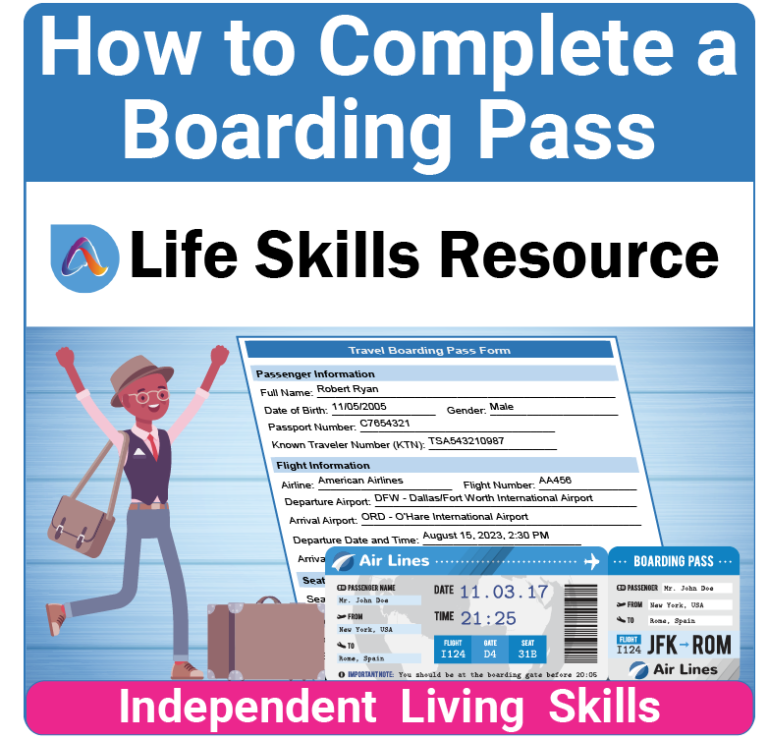Tips for Successful Outings with Your Autistic Child
Parenthood is a journey filled with joy, challenges, and endless learning experiences. For parents of teens or young adults with autism, family outings may seem daunting at times. But fear not because, with some preparation, patience, and understanding, you can turn these outings into memorable and enjoyable experiences for the whole family. Here are some invaluable tips to help make your family outings a success.
Plan Ahead
The key to any successful trip is planning. Take the time to discuss the upcoming outing with your son or daughter. Talk about where you’re going, what you’ll do, and what to expect. Visual aids such as schedules or social stories can be incredibly helpful in preparing them for what’s to come.
Choose Suitable Locations
When selecting a destination for your outing, consider your child’s interests, sensory sensitivities, and comfort level. Opt for familiar places or quiet areas available for when they need a break. Parks, museums, or nature reserves can be great choices as they offer a variety of sensory experiences.
Stick to a Routine
Maintaining a routine can provide stability and predictability for autistic individuals. Try to stick to familiar routines as much as possible during outings, such as meal times or preferred activities, to help minimize stress and anxiety.
Prepare for Sensory Overload
Crowded places and loud noises can be overwhelming for some individuals on the autism spectrum. Bring sensory items like noise-canceling headphones, sunglasses, or fidget toys to help them cope with sensory overload. Having a designated quiet space where they can retreat is also beneficial.
Practice Social Skills
Social interactions can be challenging for some autistic individuals, but outings provide excellent opportunities for practicing social skills in real-life settings. Encourage your son or daughter to engage in simple conversations with others and teach them appropriate ways to interact with strangers if needed.
Use Visual Supports
Visual supports such as visual schedules, picture cards, or communication boards can be invaluable, especially during outings. Use visual supports to explain the sequence of events, communicate expectations, and reinforce desired behaviors.
Set Clear Expectations
Communicate your expectations for behavior before and during the outing. Use simple language and positive reinforcement to encourage desired behaviors. Be patient and understanding if things don’t go as planned, and always focus on the positive aspects of your child’s behavior.
Practice Flexibility
Despite your best plans and preparation, unexpected situations may arise during outings. Practice flexibility and be prepared to adapt your plans as needed. Stay calm and composed, and focus on finding solutions rather than dwelling on the problem.
Incorporate Special Interests
Incorporating your son or daughter’s special interests into outings can make the experience more enjoyable and meaningful for them. Whether visiting a museum related to their favorite subject or engaging in activities they love, catering to their interests can enhance their overall experience.
Provide Clear Instructions
When giving instructions or directions, use clear and concise language. Break tasks down into simple steps and provide visual prompts if necessary. Repeat instructions if needed, and offer praise and encouragement for following them correctly.
Monitor Stress Levels
Pay close attention to your child’s stress levels during outings and be prepared to intervene if they become overwhelmed. Look for signs of distress, such as agitation, withdrawal, or sensory-seeking behaviors, and take steps to help them regulate their emotions.
Celebrate Small Victories
Celebrate every success, no matter how small, during outings. Whether trying a new food, initiating a conversation with a stranger, or staying calm in a crowded environment, acknowledge and praise their efforts. Positive reinforcement goes a long way in building confidence and self-esteem.
Create a Support Network
Don’t hesitate to contact friends, family members, or support groups for assistance and advice. Building a solid support network can provide invaluable resources and encouragement as you navigate outings with your son or daughter.
Reflect and Learn
After each outing, take the time to reflect on what went well and what could be improved for next time. Use these insights to adjust your approach and make future outings even more successful. Remember, every experience is an opportunity for growth and learning.
Enjoy the Moment
Lastly, remember to enjoy the moment and cherish the time spent together as a family. While outings with an autistic teen or young adult may present unique challenges, they also offer countless opportunities for bonding, learning, and creating lasting memories. Focus on the positives, embrace the journey, and savor every precious moment together.
Family outings with a teen or young adult with autism can be both rewarding and challenging. Planning ahead, understanding their needs, and practicing patience and flexibility can create meaningful and enjoyable experiences for the whole family. Remember to focus on the positives, celebrate every success, and, most importantly, cherish the time spent together as a family. With love, patience, and perseverance, you can turn every outing into a memorable adventure filled with laughter, learning, and precious moments.
Parenting autistic teenagers can be challenging, but with the right insights and resources, you can make a big difference in their lives. We hope this post has given you the confidence to continue your journey. “Adulting on the Spectrum” strives to empower autistic individuals by equipping them with essential life skills and encouraging them to pursue their dreams of independence.






